Mozambique: UN recognises progress in education, equality, climate
Japan supports Portuguese NGO to build more classrooms in Matibane, Nampula
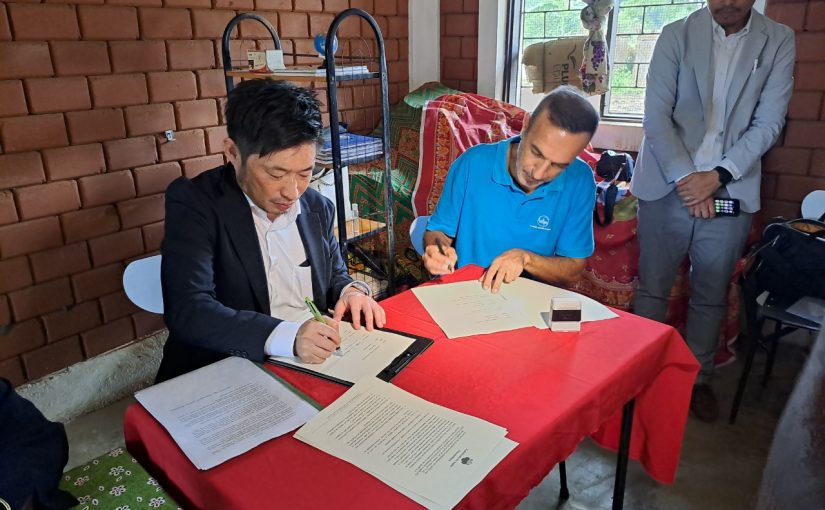
The construction and rehabilitation of classrooms has been one of the priorities of Japanese cooperation in Mozambique. [All photos: HELPO ONGD]
Japanese cooperation will support Portuguese non-governmental organization (NGO) Helpo to build five new classrooms in Nampula province, northern Mozambique, promoters announced last week.
The project should put an end to open-air classes for several hundred children in Matibane, on the outskirts of Nampula, in a school with 1,200 students that teaches up to 9th Grade.
The only proper classrooms in Matibane school were t built by Helpo in 2016, while the rest are made of stakes and clay and zinc roofing, and are insufficient for the number of students.
Part of the walls of these precarious classrooms have already peeled off with the rain, leaving the stakes exposed, holes in the structure and the roofs almost falling in.
There is no electricity at the Matibane school, but the holes in the holes in the walls continue to grow, incidentally letting more natural light into the crowded classrooms.
There is not room for everyone and the youngest pupils take classes under large trees.
Nampula District Secretary Adelina Dulce said, on the day the agreement between the Japanese cooperation and Helpo was signed, that at least 20,000 students in Nampula district learn in these conditions.
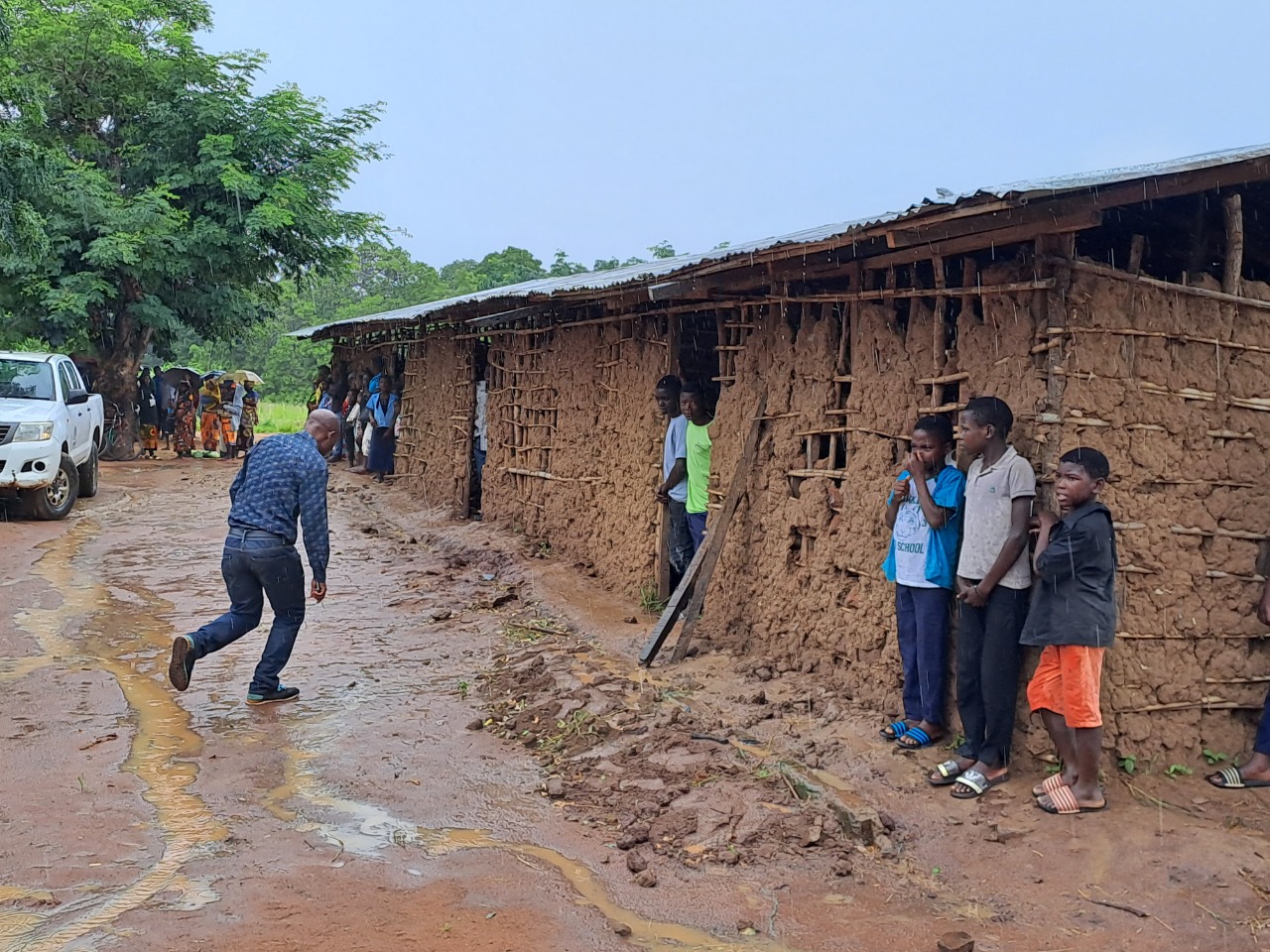
The Japanese embassy and Helpo visited the school to sign the construction agreement for five new classrooms, bringing students and teachers together in celebration.
It is like realizing “a very big dream”, stressed César Cardoso, director of the educational establishment.
“The new classrooms should be ready later this year,” said Carlos Almeida, coordinator of Helpo in Mozambique, an NGO that since 2008 has already built 54 classrooms in Nampula, to which a further 29 in Cabo Delgado are to be added.
Japan will finance the Matibane work with around €90,000, the second school in its programme with Helpo as the implementing entity, following a project in Jembesse on the Island of Mozambique in 2019.
“Mozambique can make great progress if it invests in education,” said Shogo Jikuhara, first secretary at the Japanese embassy, who points to his own country’s experience in training human resources as an example.
The construction and rehabilitation of classrooms has been one of the priorities of Japanese cooperation in Mozambique.
On the horizon for Matibane is another Helpo project which consists of installing solar panels to supply the school with electricity, allowing it to operate a computer room and give evening classes for adults.
The use of a solar source intends to serve as a model to be replicated in other remote teaching establishments.
Nampula is the most populous province in Mozambique with almost six million of the country’s 32 million inhabitants, about half under 20 years old, where Helpo has a permanent intervention.
Actions include a programme called ‘School Snack’ which benefits about 12,000 students at nine schools, including Matibane. Helpo delivers bags of flour for communities to produce bread, and sugar for the tea grown on the school premises.
Another initiative of the NGO consists of granting scholarships which cover enrolment, uniform and school material for secondary education, in a support that starts at €40 per year, per student.
“The distance that students have to travel on foot to get to secondary school is just one of the difficulties, but there are many others” that the programmes seek to address, Almeida concludes.


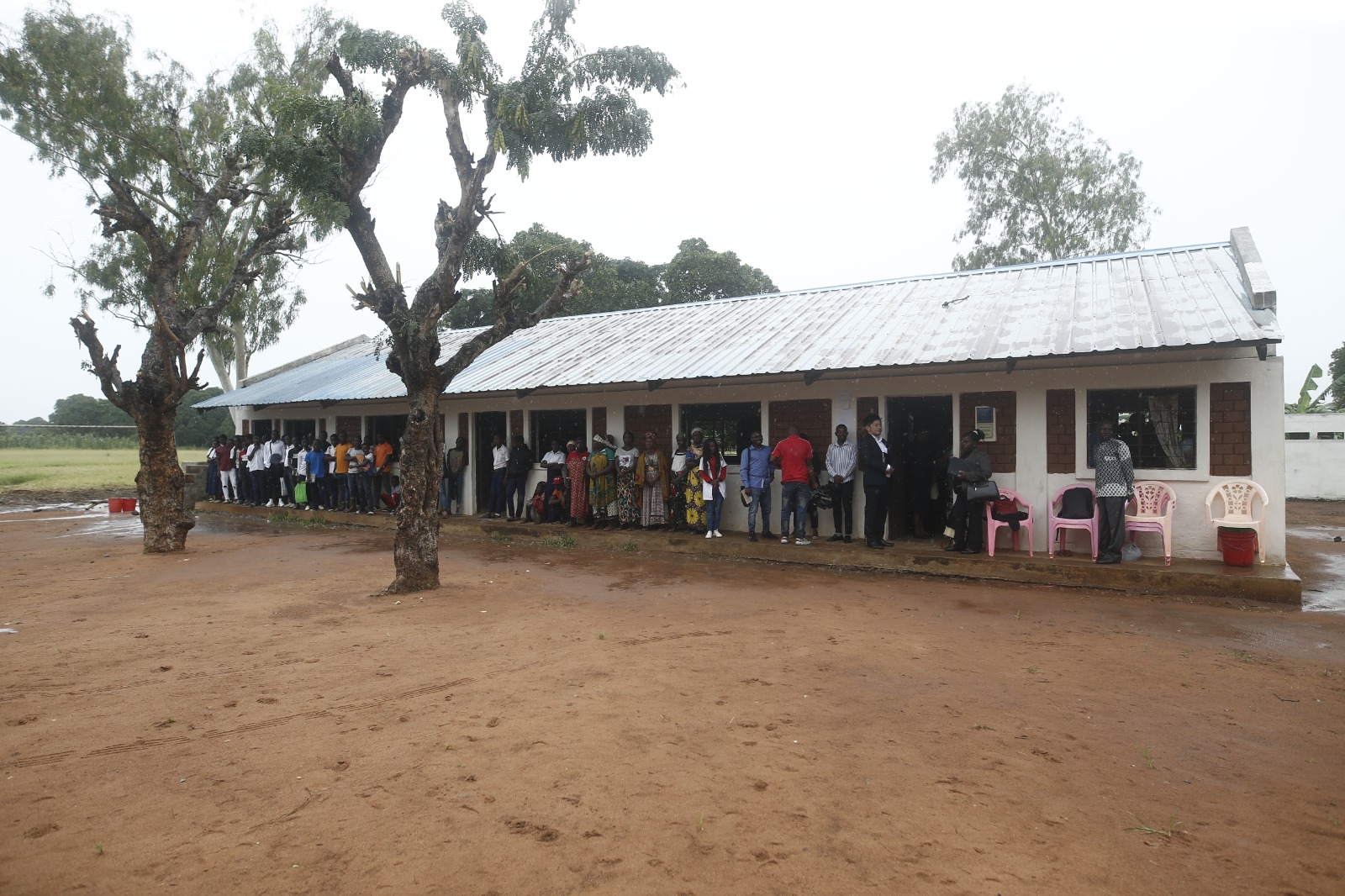
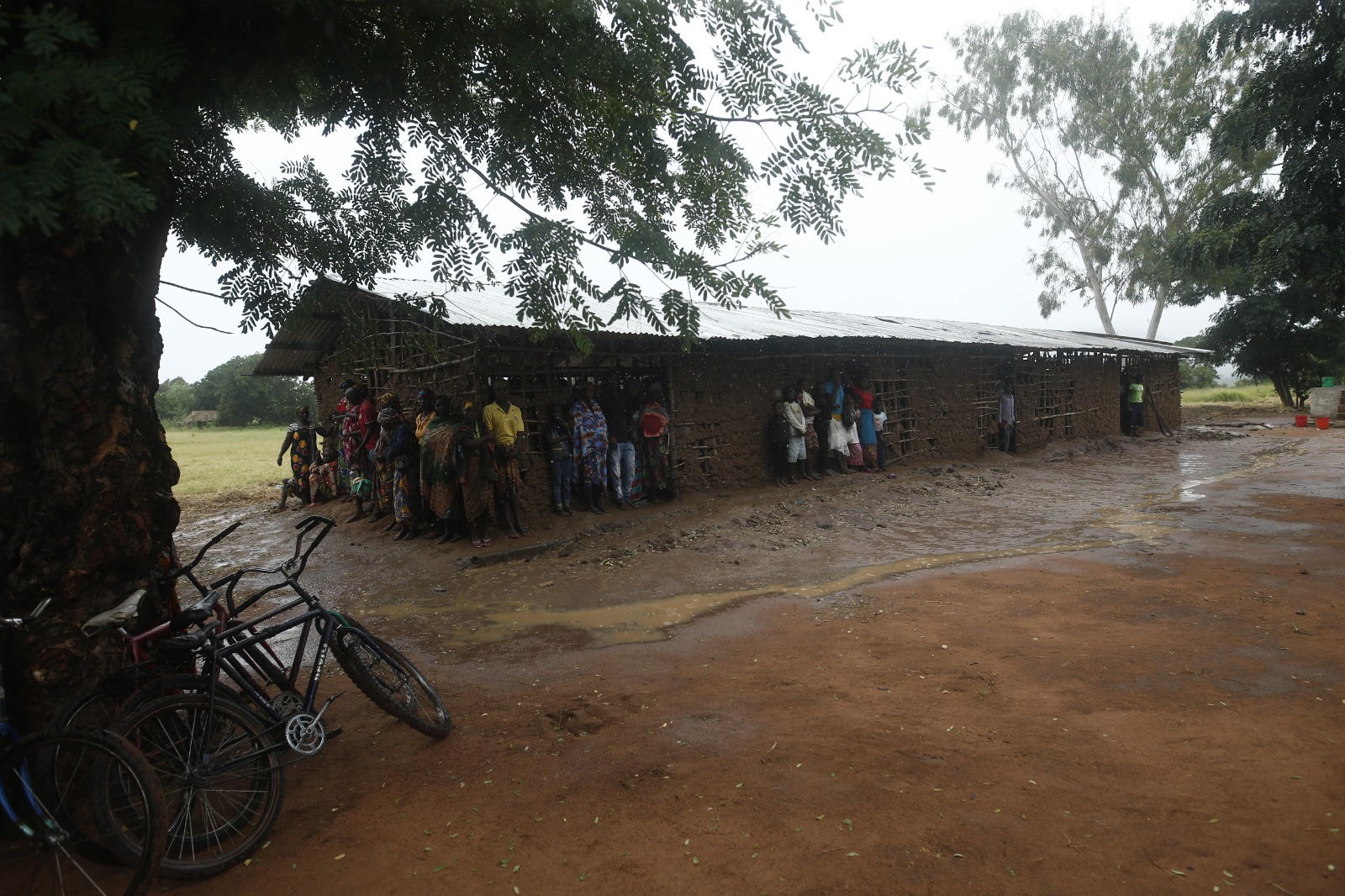
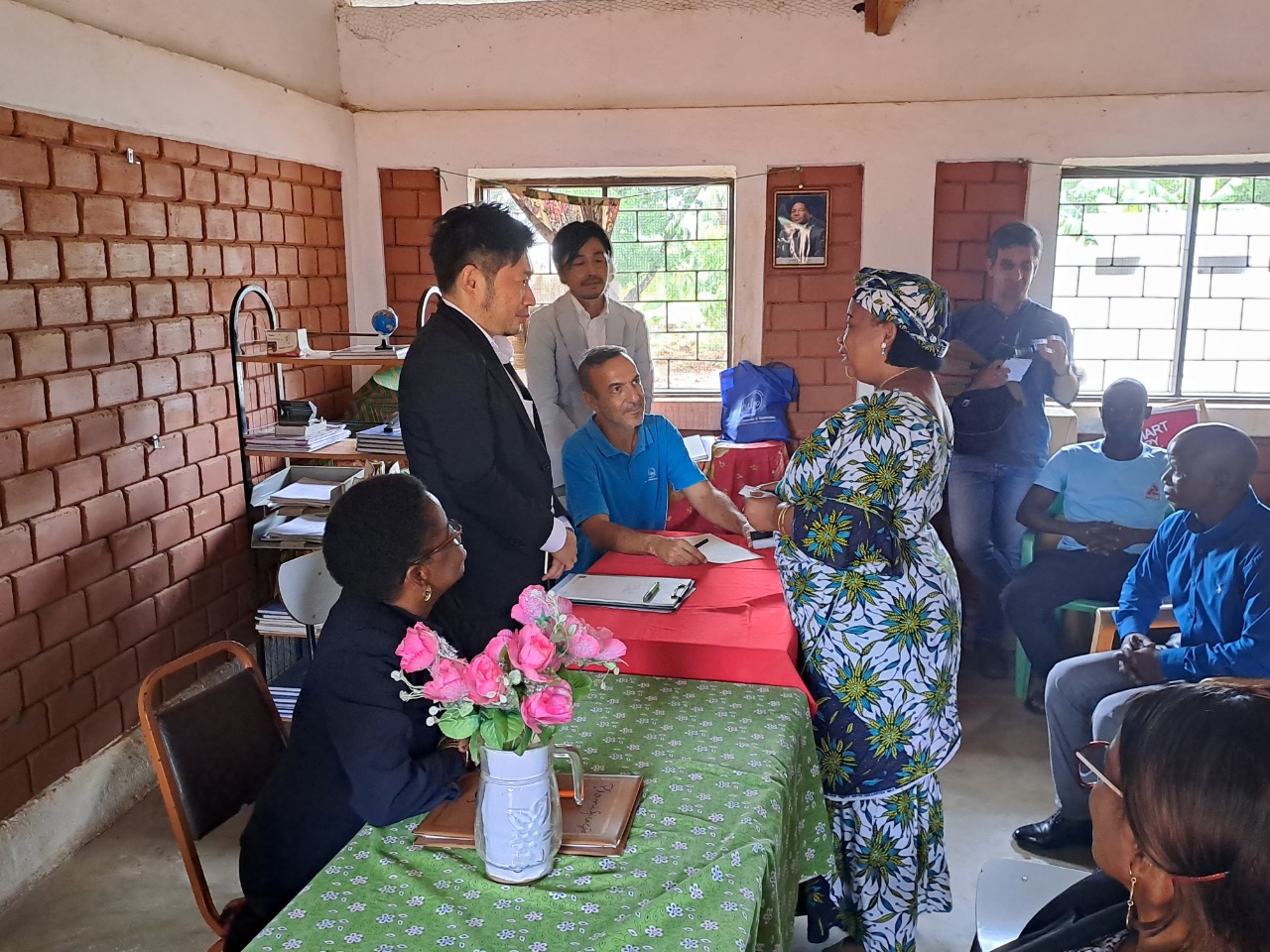
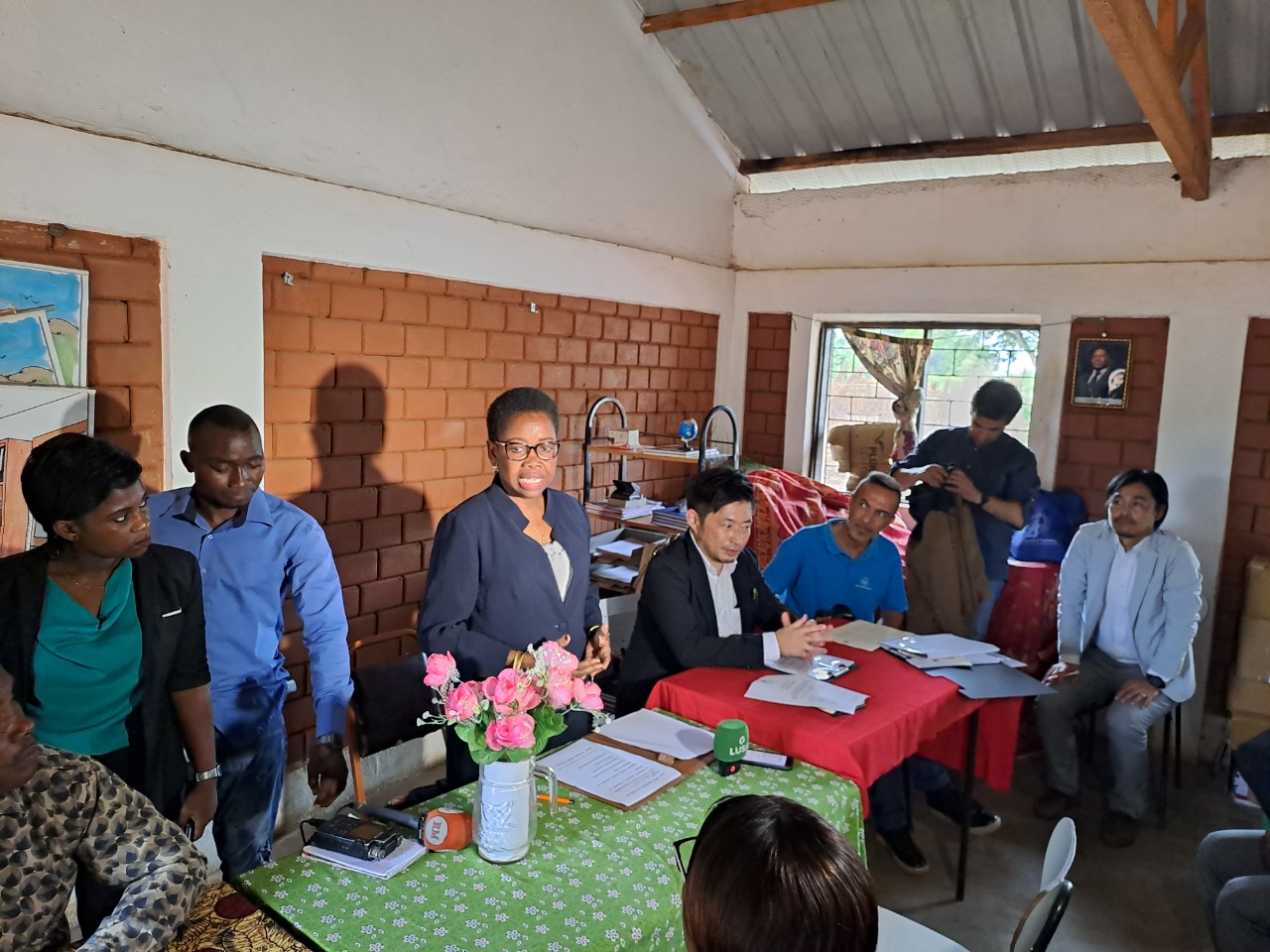
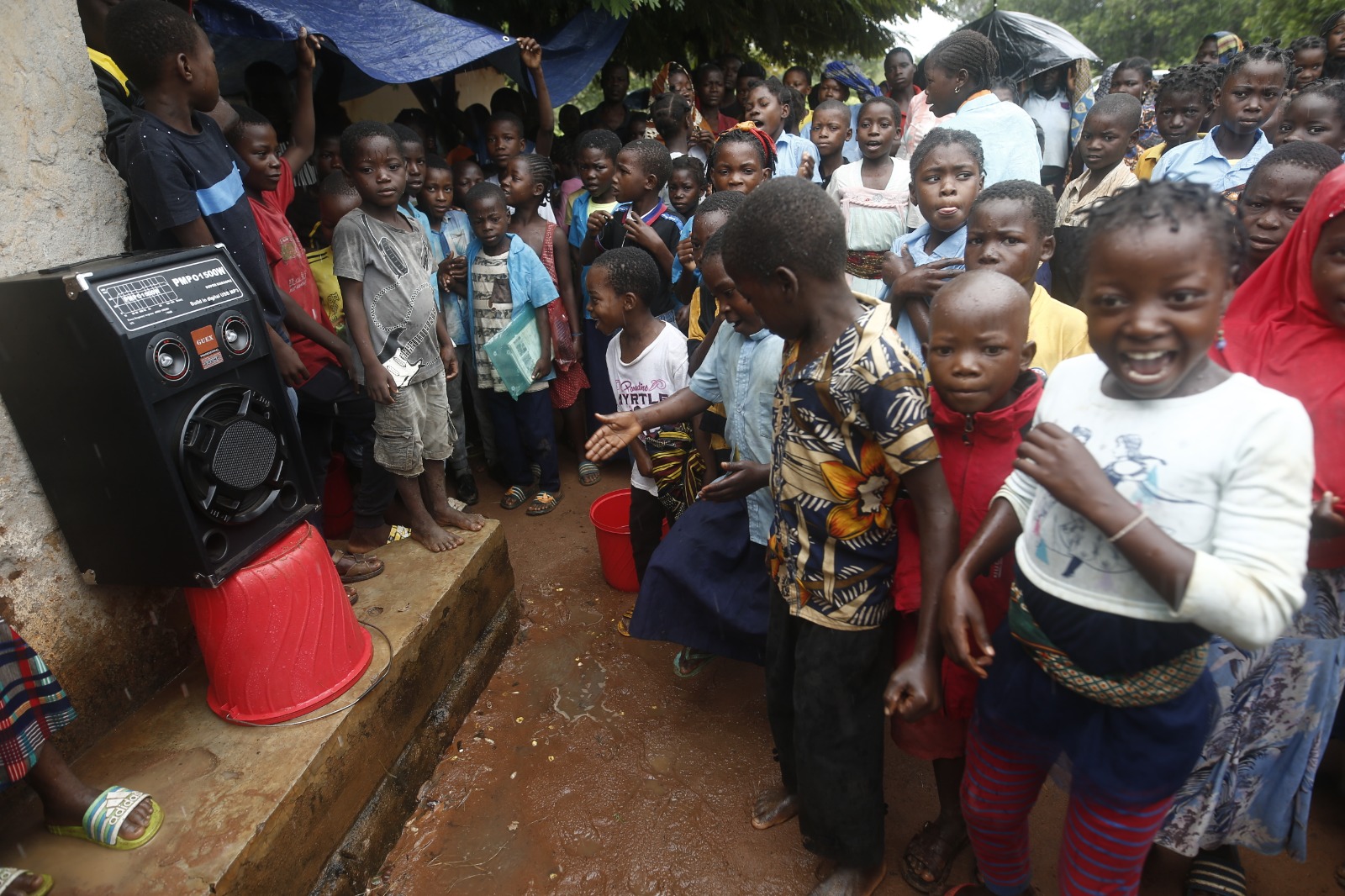
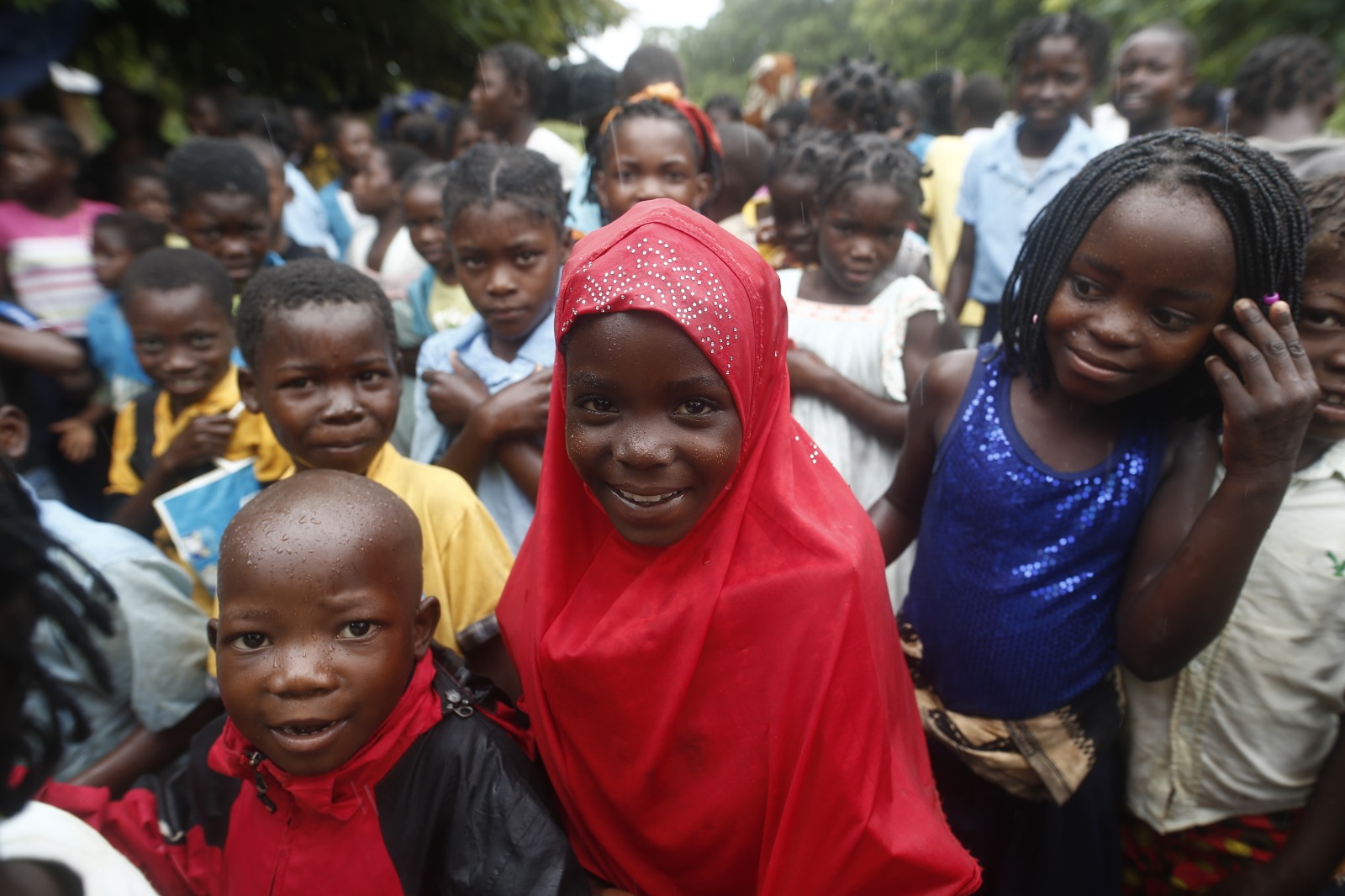

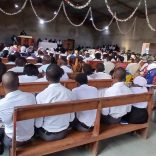
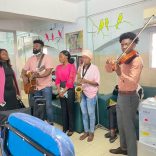







Leave a Reply
Be the First to Comment!
You must be logged in to post a comment.
You must be logged in to post a comment.